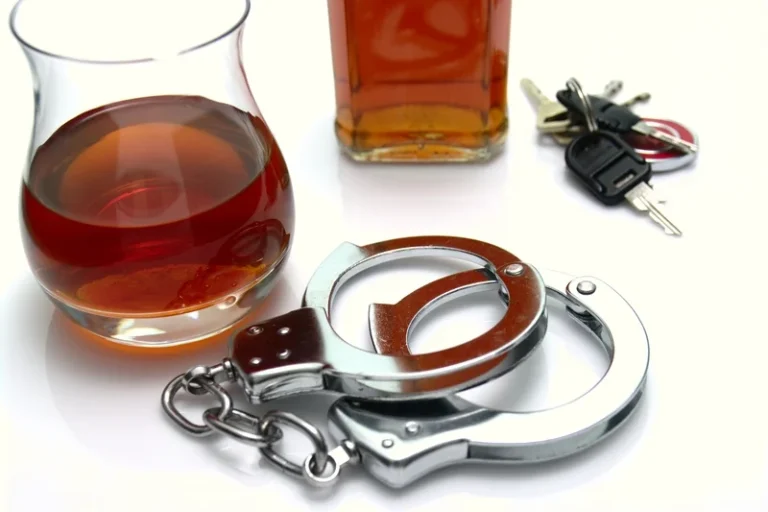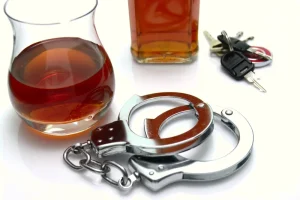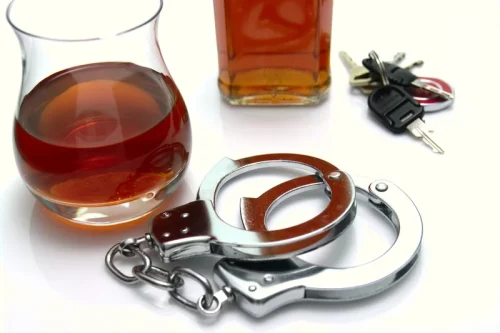
However, frequent alcohol misuse may eventually lead to AUD, according to the NIAAA. Genetics can play a role in developing some mental or physical health conditions, but that’s not the end of the story. Establishing a loving, supportive relationship with your child is important, as is keeping the channels of communication open. Studies show that monitoring your kid and knowing what they’re doing and who they’re with decreases the chances that your teen will drink.
Depression in Older Adults

Make sure you know who your kids are hanging out with and how they’re spending their free time. If they’re going to parties, find out whether there are adults at home while the kids are hanging out? Make a point of getting to know other parents at sports contests and other school events.

Underage Drinking and Teen Alcohol UseWhy Teens Drink Alcohol and How to Stop Them
Knowing the facts about underage drinking will help you share important information with your child to keep them safe. For example, the adolescent brain is still developing into a person’s mid-20s, and alcohol can cause permanent damage to growing brains. Teens aren’t prepared to deal with the risks of alcohol on their own. Get started with these 10 steps to stop teenage drinking. It can be difficult to assess when your child is “just experimenting” or if they’re struggling with their drinking to the point of an alcohol use disorder. Any alcohol use is an issue when your child is underage.
- The teen’s companions or the establishment where they were drinking may also provide an idea of how much they’ve consumed.
- Often, it will tell you when something is going on with your child.
- You can then invite the kids you feel good about to family get-togethers and outings and find other ways to encourage your child to spend time with those teens.
- Seeing our teenager in a drunken state can cause us to feel many different emotions.
- Makes available free informational materials on many aspects of alcohol use, alcohol abuse, and alcoholism.
If you’re a teen who’s underage drinking
It’s important that your teen feels you are supportive. Local or state governments enact regulations that reduce the number of alcohol establishments or limit the number that may be established in a community or area, often through licensing or zoning laws. Patrons who appear underage or intoxicated attempt to purchase alcohol.
They’ll have to find new ways of living without alcohol and they’ll also have to tackle the problems that led to their alcohol abuse in the first place. But with your ongoing support and love, they can get there. The most helpful thing you can do as a parent is to get all the facts.
Outline consequences before drinking occurs
Servers/sellers are rewarded and/or congratulated for checking IDs and/or refusing alcohol service. Servers/sellers who sell alcohol receive education about the laws and training to improve compliance rather than punishment. Local/state/federal government sets the minimum price at which alcohol is allowed to be sold in alcohol establishments. Local and state governments support existing bans on Sunday sales of alcohol for offsite consumption. Local and state governments retain or enact policies limiting the hours during which alcohol may Substance Abuse In College Students be sold legally.

Make a Difference: Talk to Your Child About Alcohol – Parents
The more you understand about potential reasons for underage alcohol use, the easier it can be to talk to your child about the dangers and identify any red flags in their behavior. Although the following signs may indicate a problem with alcohol or other drugs, some also reflect normal teenage growing pains. Experts believe that a drinking problem is more likely if you notice several of these signs at the same time, if they occur suddenly, and if some of them are extreme in nature.

Similarly, if your teen is spending too much time alone, that may be a red flag that they’re having trouble fitting in. Teenagers often feel invincible—that nothing bad will ever happen to them—so preaching about the long-term health dangers of underage drinking may fail to discourage them from using alcohol. Instead, talk to your teen about the effects drinking can have on their appearance—bad breath, bad skin, and weight gain from all the empty calories and carbs. You can also talk about how drinking makes people do embarrassing things, like peeing themselves or throwing up. It’s important to try to understand what it’s like to be a teenager today. Recent studies (2020) show that about 55 percent of high school seniors, 41% of 10th graders, and 21% of 8th graders have tried alcohol in the past year.
Additional resources
If you talk often, you might have a greater impact on your teen than if you only talk once. A disturbing, but undeniable, fact is that teenage alcohol use usually begins at home. According to the National Association for Children of Alcoholics, 76 million Americans — roughly 43 percent of the U.S. adult population — have been exposed to alcoholism in the family. There are an estimated 26.8 million children of alcoholics (COAs) in the United States and preliminary research suggests that more than 11 million of those are under the age of 18.

Once you have the information, we recommend talking with your teen in a direct, non-confrontational manner. For example, you might say, “I am concerned that something may have gone on last night when you went out with your friends. When you came home today, your eyes were bloodshot, and Joe’s mom said you weren’t there last night and you told me you were. ” Give your child a chance to give his side of the story. Treatment for alcohol use disorder can vary, depending on your needs. Treatment may involve a brief intervention, individual or group counseling, an outpatient program, or a residential inpatient stay.